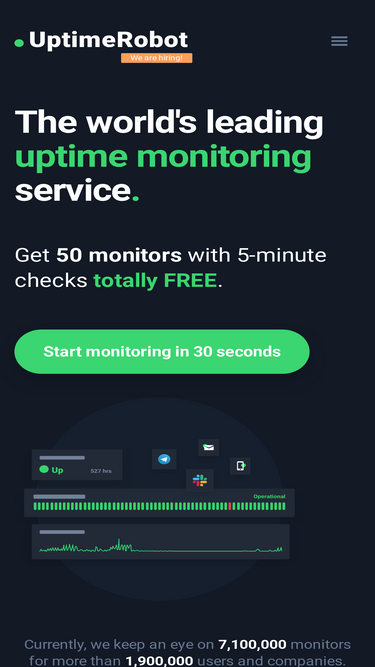
What are the technical SEO techniques?
What are the technical SEO techniques?

Howdy, Stranger!
It looks like you're new here. If you want to get involved, click one of these buttons!
Quick Links
Categories
- 7.2K All Categories
- 98 Announcements
- 1.5K General Talks
- 1K Shared Hosting Offers
- 251 Reseller Hosting Offers
- 2.6K VPS Hosting Offers
- 240 Cloud Hosting Offers
- 1.1K Dedicated Server Offers
- 13 Hybrid Server Offers
- 3 Colocation Offers
- 40 Domain Name Offers
- 4 Hosted Email Offers
- 79 Search Engine Optimization
- 275 Other Hosting Offers
- 45 Tutorials
- 54 Black Friday and Cyber Monday and Celebration Offers
In this Discussion







Comments
Technical SEO techniques focus on optimizing the technical aspects of a website to improve its search engine visibility and performance. These techniques ensure that search engines can crawl, index, and understand the content effectively. Here are some important technical SEO techniques:
Website Speed Optimization:
Mobile-Friendly Design (Mobile Optimization):
Crawlability and Indexability:
Canonicalization and Duplicate Content:
Schema Markup:
HTTPS and SSL:
Pagination and Pagination Tags:
404 Error Pages and Redirects:
URL Structure:
XML Sitemaps and HTML Sitemaps:
Breadcrumbs:
Site Architecture and Internal Linking:
H1 and Header Tags:
Canonical URLs:
Structured Data and Rich Snippets:
AMP (Accelerated Mobile Pages):
Noindex and Nofollow:
Robots Meta Tag:
By implementing these technical SEO techniques, you can ensure that your website is optimized for search engines to crawl, index, and rank effectively, ultimately improving your site's visibility and user experience.